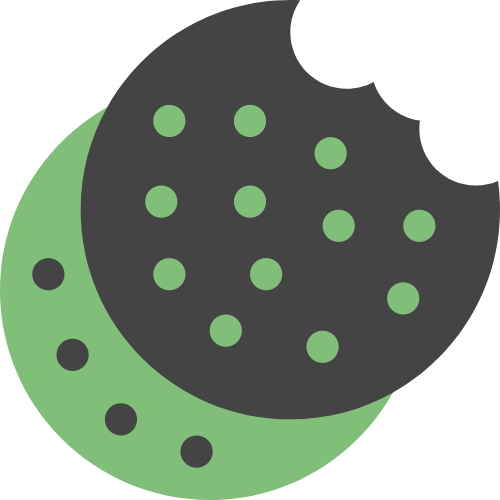- Getting Started
-
by k.mammasis
Cooking with olive oil destroys polyphenols
Yes, cooking with olive oil destroys its polyphenols, but the extent to which they are destroyed depends on several factors, including the temperature and duration of cooking, the type of cooking method, and the quality of the olive oil. Olive oils with high polyphenol degradation offer a much higher level of natural protection and deterioration against heat.
Things to avoid when cooking with olive oil

To minimize the loss of polyphenols during cooking, it’s recommended to use lower temperatures and shorter cooking times, as well as high-quality extra-virgin olive oil. Using olive oil for low-to-medium heat cooking and adding it to foods after cooking, such as in salad dressings, can help preserve its polyphenol content.
Research suggests that flavone content shows a decrease during heating. On the other hand, oleic acid, sterols, squalene, and triterpenic alcohols (erythrodiol and uvaol) and acids (oleanolic and maslinic) are quite constant, exhibiting a high stability against oxidation. From these results, we can conclude that despite the heating conditions, extra virgin olive oil maintains most of its minor compounds and, therefore, most of its nutritional properties.
Cooking with medical-grade olive oil
Medical-grade olive oil is a top-quality olive oil that is produced according to very strict standards, and it is often used for medical and therapeutic purposes. While adding medical-grade olive oil to your food is certainly possible and advisable, cooking with it is not recommended. First and foremost, any rise in temperature will cause polyphenols and vitamin E levels to degrade. It is also the least cost-effective option since it tends to be more expensive than other types of olive oil.
Adding high-phenolic olive oil to your unheated food can offer several health benefits, including reducing inflammation, improving heart health, and providing antioxidants.















